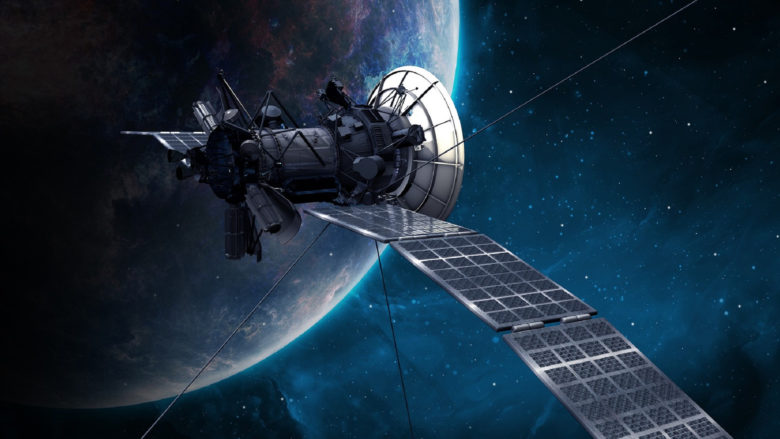EU Commission plans satellite initiative as Starlink competitor

Just recently, 40 new Starlink satellites from the US company SpaceX fell victim to a solar storm. Now. the Starlink network is to receive competition from the EU. According to Handelsblatt, the EU Commission is planning a new satellite program called the “Secure Connectivity Initiative“. This should provide Europe with the Internet, enable tap-proof communication thanks to quantum encryption, and can also be used for military purposes.
Rural regions should be supplied
“We will make fast internet access available to all Europeans,” the EU Commission promised in a letter to the member states. The undersupply of rural regions should soon be a thing of the past. When exactly is still unclear. SpaceX, led by Elon Musk, is pursuing a similar approach with the Starlink network, which already includes around 2,000 satellites. Up to 30,000 more are to follow here, which, among other things, annoys NASA. The EU also wants to fight this possible Internet monopoly.
The EU Commission is now pushing for quick coordination with the Member States and Parliament on the initiative. The first offers should be able to go into operation as early as 2024. “It’s ambitious, but doable,” according to the Brussels authorities. Hundreds or even thousands of satellites are to provide the EU with secure Internet in the future. This network is intended to be an alternative to conventional Internet cables, especially in the event of disruptions. In addition, governments and armed forces should have a particularly secure communication platform.
Bulgarian EnduroSat plans to launch a space weather satellite in 2022
Satellite initiative is said to cost €6 billion
In order to realize this major project, the EU wants to involve both large companies and startups. In addition to Europe, large parts of Africa should also benefit from the new network. The project will initially cost around €6 billion euros, 1/3 of which will be financed by the EU, 1/3 by the member states, and 1/3 by the private sector, which is primarily responsible for shouldering the expansion of the internet. There are already two role models for the Secure Connectivity Initiative. With the Copernicus earth observation system and the Galileo positioning system, Europeans already have two satellite programs at their disposal.
In a recent publication, we also took a closer look at the growing issue of space waste. Currently, there are over 5000 active satellites in space. However, there are plenty of inactive and broken ones, as well as millions of pieces from various spacecraft that clutter the orbit of the Earth. This might make it impossible for humans to launch new satellites in the next decades, researchers alarm.
SpaceX and OroraTech send first forest fire monitoring satellite into space






























